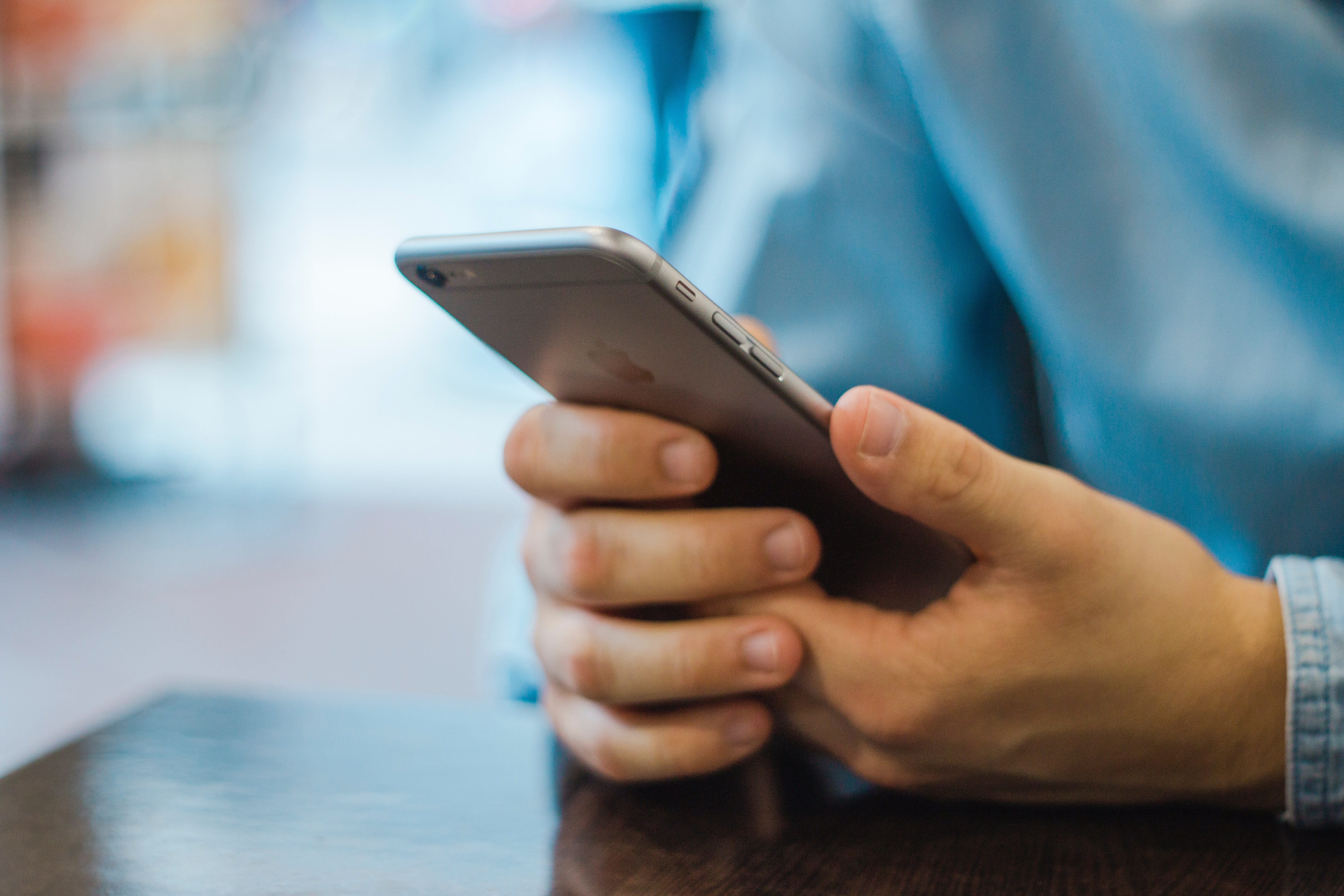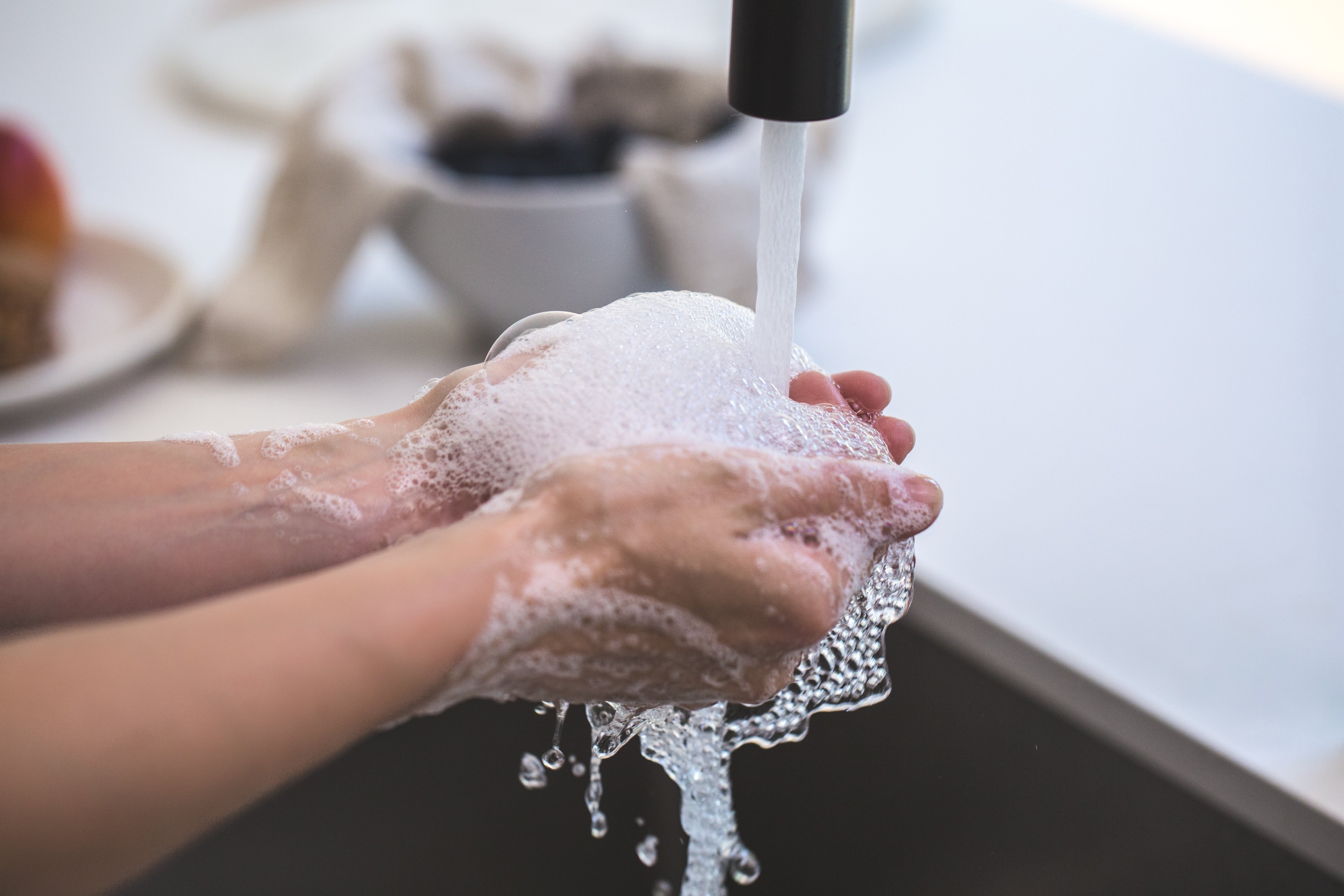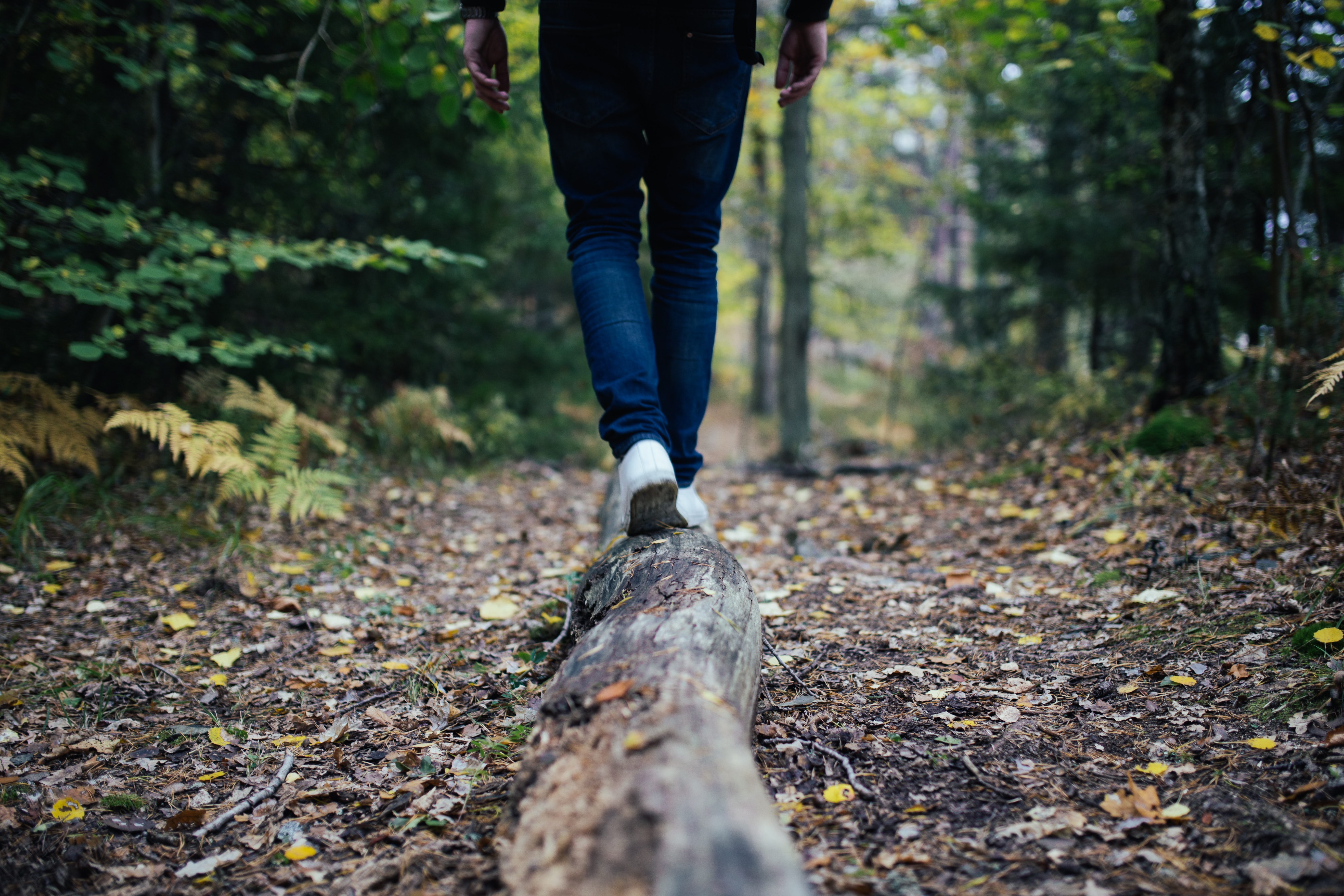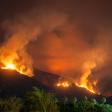
We at the AME Center wanted to share with you, through a science lens, a view of human behavior under threat and tips for managing the anxiety and staying safe during this uncertain time. If you find this helpful don’t hesitate to share this widely. COVID-19, being a new virus, creates a very uncertain situation. It has been declared a public health emergency, and there are more cases than we know because we don’t have the testing available yet. So the level of anxiety, particularly for those of us in exposed states, is naturally high, as it should be.
Co-sponsored with the UCSF Department of Psychiatry, the AME center has curated a comprehensive webpage of resources for coping and emotional health during the COVID-19 pandemic. We hope this site can benefit our whole community - UCSF staff, faculty, students, patients, providers, Bay Area families, and the public at large.
Browse the site with the link below for resources on topics such as mental health apps and support, family activities and resources for education and coping, tips for older adults at home, and much more.
Resources to Support Your Mental Health During the COVID-19 Outbreak
Here are some more tips and articles from our Center for keeping us safe and in the sweet spot of anxiety.
UCSF Press Release on Tips to Stay Clearheaded
Navigating Anxiety and Isolation During the Coronavirus Pandemic with elissa epel on KQED
How To Stay Resilient And Mentally Healthy During The Coronavirus Outbreak with Elissa epel
Pandemic Panic? These 5 Tips Can Help You Regain Your Calm with Aric Prather
 Some anxiety is normal, but don’t overestimate the risks.
Some anxiety is normal, but don’t overestimate the risks.
Stick with the facts. Stick with reliable sources such as the CDC.
No one can tell us how dangerous and fatal the virus is for awhile. Expert opinions are just that – opinions – data modeled based on assumptions. Given this high level of uncertainty, we need to be extra careful in our behaviors, especially for those who are at highest risk, those with health conditions and the elderly, have compassion for the severe anxiety they might feel right now, and not take risks of contracting or transmitting it ourselves. Learn more about the virus by a microvirologist Lopez-Goni on WEF.
Try to limit media exposure to once a day max. 
The media often creates the impression of global panic, an exaggeration of reality, and this creates further panic.
Yes, there is some panic, in some people and places, especially epicenters, but it’s important to not transmit exaggerated anxiety. It’s tempting to check for news for updates on new cases, but checking several times a day is both unnecessary and keeps us in an escalated state of anxiety. We then easily transmit that unhelpful panicky state to our children and those around us. Instead, try to transmit key safety behavior information (the facts), help others think calmly about it, and take a break from thinking about it. There are constructive ways to discuss it with children that help them manage their own anxiety and feel that things are under control. For kids who are into comics, this is also helpful and addresses the xenophobia.
 Reduce anxiety by reducing your risk of virus exposure.
Reduce anxiety by reducing your risk of virus exposure.
Don’t feel silly or embarrassed about taking extreme precautions – better to be safe during this time of uncertainty. Take all the precautions advised by the CDC, especially the frequent handwashing.
Take “Social Distance” to heart. Stay home if you don’t feel well, and work at home if you can. If you are in an area with corona exposure, severely minimize situations of exposure like public transportation and large crowds. We don’t know enough about the virus. Some virologists say it can live on surfaces for up to a week, incubation periods could be up to 2+ weeks. So take this unknown virus seriously by not directly touching public doorknobs and surfaces. Wash hands really thoroughly, frequently. Prepare a plan for the future: If you have not already been exposed to your community, it still makes sense to make a plan now with family and colleagues for prevention--what are essential activities that expose you to groups, and what can be done from home? Better safe than sorry. Here’s a great article on social distance and the virus by my colleague, Dr. Jordan Schlain.
Add something restorative each day.
(eg, walk in nature, meditation, exercise, positive social connections, possibly by video) to reduce your own somatic anxiety, the anxiety we store up in our body.
For both mind and body, we need to slow down and take extra care in this uncertain period. We know well the effects of stress on the immune system, a focus of our research at AME. Consider exercising outside or at home than the gym or exercise studio. Get enough sleep and take extra good care of your immune system. Dr. Aric Prather, AME Co-director, gives tips on sleep and viruses.
If you are interested in trying mindfulness meditation, download our 7 audios for morning use, by Mark Coleman. A study by our faculty tested the effects of mindfulness meditation 15 minutes a day for 3 weeks on stress resilience.
Remind yourself anxiety right now is normal, natural and helpful, and we should be extra supportive and compassionate to those around us. Panic, on the other hand, stresses the whole system, is costly to both self and society.



